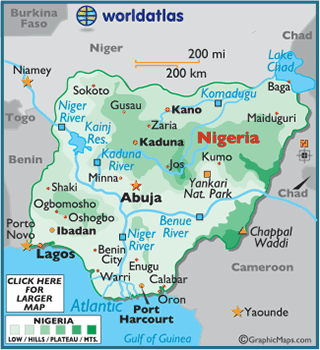Things certainly fell apart in Achebe’s novel, but is everything gone? I am alluding to the final tragic scene. Upon discovering Okonkwo’s hanged body, Obierika and his friends call upon the white officers to bury him because handling the body of one who has committed suicide and thereby offended Mother Earth is prohibited in their community. I acknowledge that having Okonkwo buried by the very men that he wanted to destroy heightens his personal tragedy. Yet, having the novel conclude with one of the clan’s laws being obeyed is a subtle way of giving the clan the last word. If Achebe wanted to show that the culture was completely decimated we would have seen this law being overruled.
This complicates the debate of whether the book’s title refers primarily to Okonkwo’s personal tragedy or to the tragedy of his entire village. Yes, the village’s customs are rapidly dying with the imposed introduction of British law and Christianity. However, it is Okonkwo who is entirely dead (not dying- dead) at the end, while the people are still struggling to follow their old laws, even while under new occupation. For this reason I argue that the title refers primarily to Okonkwo.
The experiences that provoked Okonokwo’s suicide were all experiences that affronted him personally: being arrested, imprisoned, humiliated, and beaten by the white men. I argue that it was these unavenged humiliations reaped upon him personally that drove him to suicide more than the indignities that others in his clan had to suffer. For this reason, I believe that his death primarily represented him and not his community.


